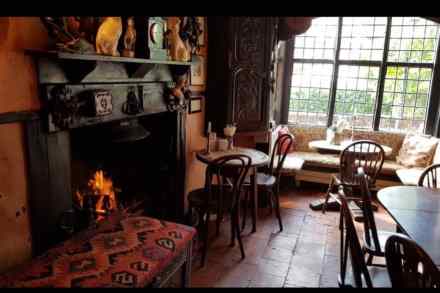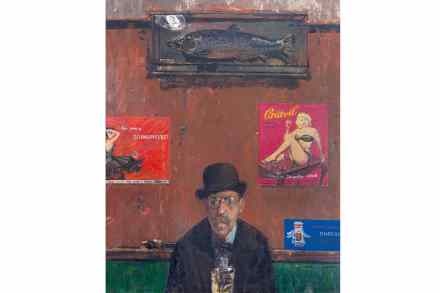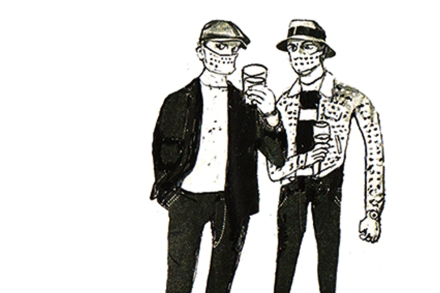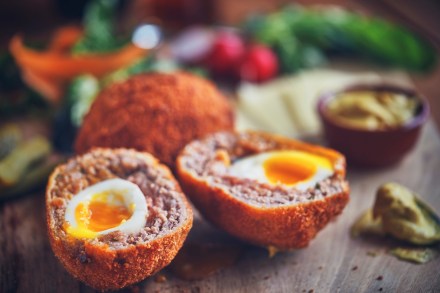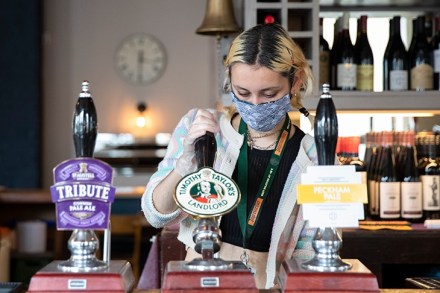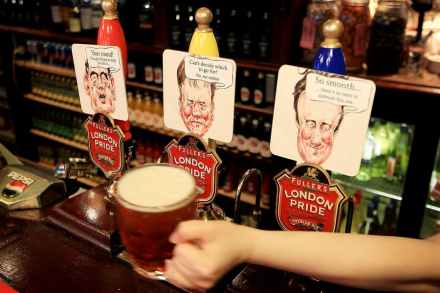Why George Orwell’s ‘perfect pub’ deserves to be saved
Eleven days after turning 45, I sent my first ever letter of complaint to the council. A real coming of (middle) age. The topic of my complaint? My local pub. I followed the British protocol for complaining – I made it clear I’m ‘dismayed’ and ‘appalled’ and hope people can ‘see sense’ – about an issue that has instilled such rage in me that a stiff drink is required. You see, my local, the Compton Arms in Islington, north London, is under threat of closure. This is no ordinary pub. Tucked away from the busy stretch of Upper Street, on a picture-perfect back road, is an establishment that has been




